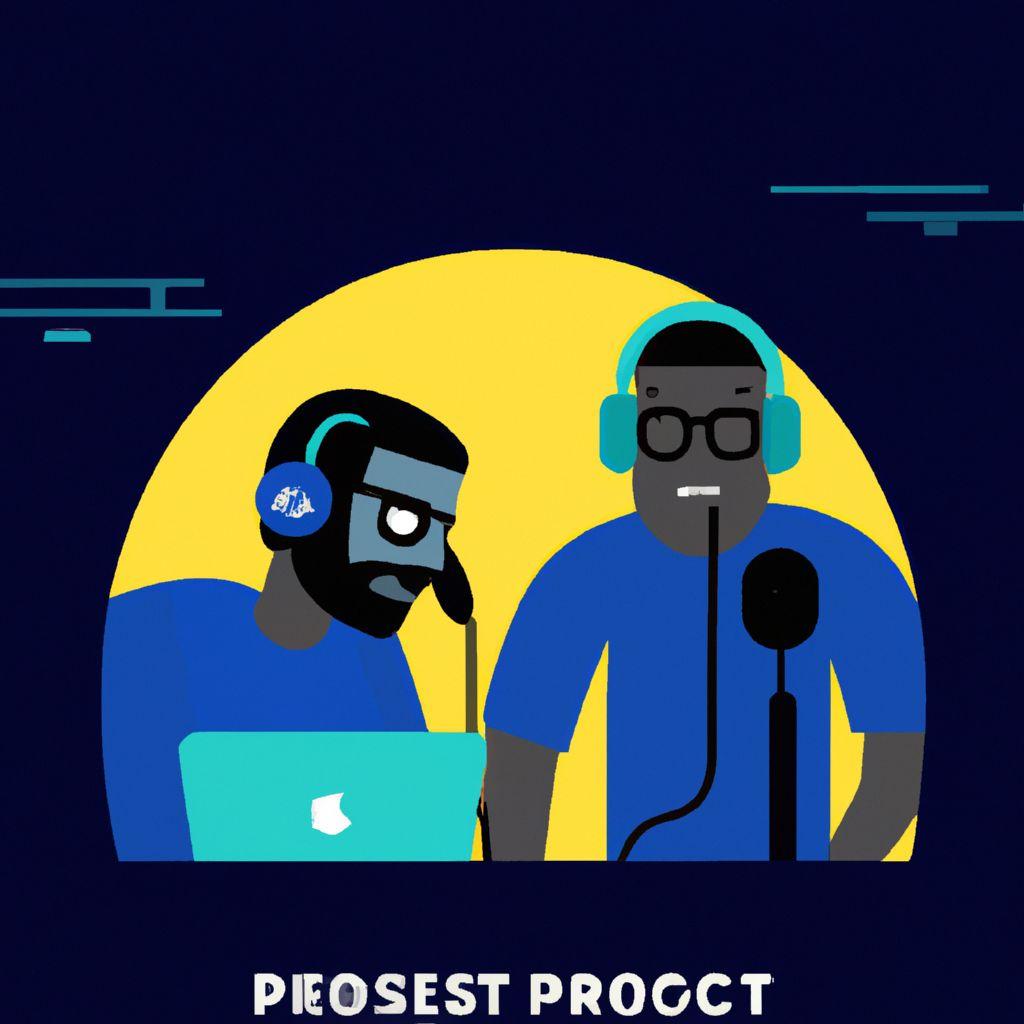- Published on

Harness Consumer Psychology for Effective Podcast Marketing
Unveiling the Power of Consumer Psychology for Podcast Success
We live in a world where digital content is king, and podcasting has emerged as a formidable player in the realm of digital storytelling. As a passionate programmer and the founder of PodApp, I can attest to the dynamic landscape of podcasting and its enormous potential as a marketing tool. What I've learned over the years is that harnessing this potential goes beyond the delivery of good content. Understanding your audience, specifically their psychological tendencies and behaviours, can dramatically elevate your podcast marketing and engagement strategies.
The Power of Emotions in Podcasting
Human beings are creature of emotions, and this reality significantly influences their consumption behaviours. Empathetic storytelling that resonates with your listeners can often trigger various emotions, leading to stronger listener connections and improved engagement. As a podcaster, leveraging these emotional responses can prove to be an effective strategy.
For instance, using PodApp's simple recording and editing tools, you can focus on creating content that elicits joy, surprise, fear, or even sadness. By connecting on this emotional level, you are more likely to inspire your audience to share your podcast, broadening your reach organically.
Leveraging Cognitive Biases
Human cognition isn't infallible, and our brains often resort to cognitive shortcuts, known as biases, to facilitate decision-making. As podcasters, understanding these biases can be extremely handy. For instance, the recency bias implies that information acquired most recently tends to be most influential. Therefore, ending your podcast with a strong call to action or a memorable takeaway could significantly enhance your desired outcomes.
Similarly, the halo effect suggests that positive impressions in one area can influence perceptions in another. With PodApp's custom branding opportunities, you can align your podcast's aesthetics with high-quality content, thereby fostering a positive perception of your entire brand.
Plugging into Social Proof
The phenomenon of social proof is another potent psychological principle that podcasters can exploit. As humans, we're inherently social creatures and often look to others for cues on how to behave or what to consume. Herein lies the role of reviews, ratings, and user-generated content. Thanks to PodApp's interactive show notes and community features, podcasters can encourage listeners to share their thoughts, thereby creating relatable social proof and driving engagement.
Furthermore, collaborative episodes with influencers or experts can significantly amplify your social proof and establish authority. As I experienced during the development of PodApp, the power of partnerships can never be underestimated.
The Promise of Personalisation
In today's digital age, personalisation is a key component of user engagement. Users crave unique and tailored experiences, and podcasting is no exception. Utilising PodAppAi's ability to generate tailored content, podcasters can offer each listener a unique experience that enhances their engagement and drives loyalty. It's a phenomenon I've witnessed firsthand, helping me shape PodApp around the needs and preferences of each user.
Final Thoughts
While podcasting might initially appear to be largely about creating and delivering content, it's clear that consumer psychology plays a crucial role in shaping a successful podcast marketing strategy. From tapping into your listeners' emotions and inherent cognitive biases, to leveraging social proof and offering personalised experiences, understanding these nuances can truly set you apart in the crowded world of podcasting.
The journey to recognising and applying these principles can be daunting, but tools like PodApp can ease the process. And, as always, continuous learning, experimentation, and adjustment underscore the pathway to podcast success. Happy podcasting!
Article written by Dylan Moore
Dylan, originaly from Turkey, discovered his passion for programming and podcasting online. Him and his team later founded PodApp, a user-friendly platform designed to make podcasting accessible to everyone. Read more